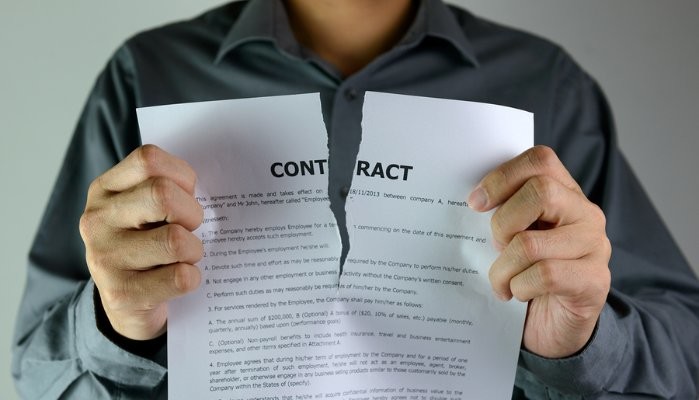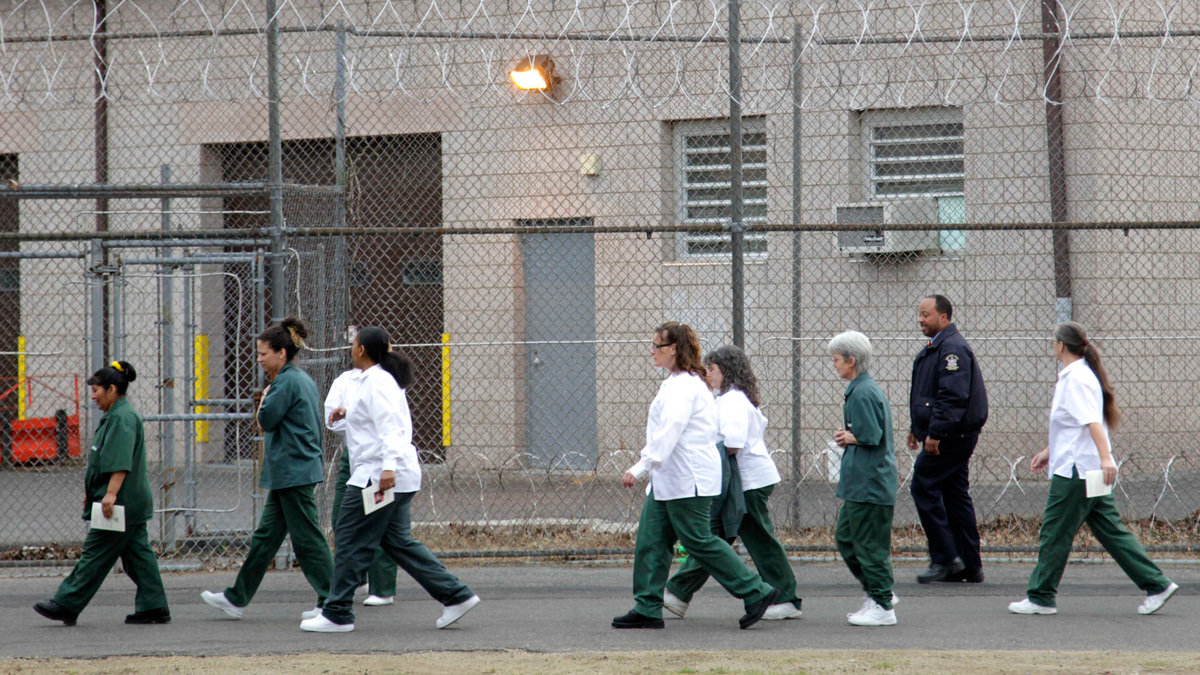Wrongful termination is a serious issue that many employees face. If you’ve been fired and believe it was unjust, especially in Texas, you might have a case for wrongful termination. In this article, we will break down what wrongful termination in Texas means, how it happens, and what you can do about it. We’ll use simple language to make sure it’s easy to understand.
What Is Wrongful Termination?
Definition of Wrongful Termination
Wrongful termination occurs when an employer fires an employee for reasons that are illegal or violate the employee’s rights. While employers in Texas have a lot of freedom to hire and fire workers, there are still laws in place to protect employees from unfair treatment. If you believe you’ve been fired without a good reason, it’s important to understand your rights.
At-Will Employment in Texas
In Texas, most employment is “at-will,” which means an employer can fire an employee at any time and for any reason—or even for no reason at all. However, there are exceptions to this rule. If your termination violates state or federal law, it could be considered wrongful termination. Understanding the concept of at-will employment is crucial in recognizing whether your firing was legal or not. You Can Also Read This What Is the Lubbock Active Jail Roster in Lubbock, Texas?
Common Reasons for Wrongful Termination
Discrimination
One of the most common reasons for wrongful termination in Texas is discrimination. This occurs when an employee is fired because of their race, gender, religion, national origin, age, disability, or other protected characteristics. For example, if you were fired because of your gender or ethnicity, this could be grounds for a wrongful termination lawsuit.
Retaliation
Retaliation happens when an employer fires an employee for engaging in a protected activity, such as reporting discrimination, harassment, or unsafe working conditions. If you were fired after making a complaint about unfair treatment at work, you might have been wrongfully terminated. Retaliation is illegal, and you have the right to speak out without fear of losing your job.
Violation of Employment Contracts
If you have an employment contract that outlines specific terms for your job, and your employer fires you in a way that breaches that contract, it could be considered wrongful termination. Contracts can include specific reasons for termination, notice periods, or promises of job security. If your firing goes against the terms of your contract, you may have a case.
Whistleblower Protection
Whistleblowers are employees who report illegal activities or violations within a company. Texas law protects whistleblowers from being fired for reporting these activities. If you were terminated because you reported illegal conduct at your workplace, this could be considered wrongful termination.
Breach of Good Faith and Fair Dealing
While Texas does not have a specific law requiring employers to act in good faith, courts may recognize a breach of good faith and fair dealing in certain situations. This occurs when an employer fires an employee in a manner that is dishonest or unfair, such as firing someone to avoid paying a bonus or commission.
How to Determine If You Were Wrongfully Terminated
Reviewing the Circumstances of Your Firing
To determine if you were wrongfully terminated, it’s important to carefully review the circumstances surrounding your firing. Ask yourself the following questions:
- Were you fired because of discrimination? If so, what evidence do you have?
- Did you recently report any illegal activities or unsafe working conditions?
- Were you terminated shortly after filing a complaint about discrimination or harassment?
- Do you have an employment contract that was violated by your termination?
Answering these questions can help you figure out whether your termination was wrongful and if you have a potential case.
Gathering Evidence
If you believe you were wrongfully terminated, gathering evidence is crucial. This evidence can include:
- Emails or text messages from your employer that indicate why you were fired.
- Witness statements from coworkers who saw or heard relevant information.
- Documentation of complaints you made, such as notes from meetings or copies of formal complaints.
- Your employment contract, if you have one, to show any violations by your employer.
Having solid evidence can strengthen your case if you decide to take legal action.
What to Do If You Were Wrongfully Terminated in Texas
Consulting an Employment Lawyer
If you suspect that you were wrongfully terminated, it’s a good idea to consult with an employment lawyer. An experienced lawyer can help you understand your rights and determine whether you have a case. They can also guide you through the process of filing a lawsuit, if necessary. Lawyers who specialize in employment law are familiar with the specific laws in Texas and can provide valuable advice.
Filing a Complaint with the EEOC
If you were fired because of discrimination, you can file a complaint with the Equal Employment Opportunity Commission (EEOC). The EEOC is a federal agency that investigates claims of workplace discrimination. Filing a complaint with the EEOC is a necessary step before you can file a discrimination lawsuit in court. The EEOC will investigate your claim and may try to resolve the issue with your employer.
Taking Legal Action
If your wrongful termination claim cannot be resolved through negotiation or mediation, you may need to file a lawsuit. Your lawyer can help you file a wrongful termination lawsuit in a Texas court. If you win your case, you may be entitled to compensation for lost wages, benefits, and even emotional distress. In some cases, you might also be reinstated to your former position.
Understanding the Statute of Limitations
It’s important to act quickly if you believe you were wrongfully terminated. Texas has a statute of limitations for filing wrongful termination claims. This means you have a limited amount of time to take legal action after being fired. Generally, you have 180 days to file a complaint with the EEOC and two years to file a lawsuit in court. Missing these deadlines can prevent you from pursuing your case.
Preventing Wrongful Termination
Know Your Rights
The best way to prevent wrongful termination is to know your rights as an employee. Understanding the laws that protect you can help you recognize when something is wrong. If you believe your rights are being violated, speak up early and document everything.
Keep Records
Always keep records of your employment, including your job performance, any complaints you make, and any disciplinary actions taken against you. Having a detailed record can protect you if you’re ever wrongfully terminated. Keep copies of important documents, such as your employment contract and emails from your employer.
Report Issues Early
If you’re experiencing problems at work, report them to your employer or HR department as soon as possible. Early reporting can sometimes resolve issues before they lead to termination. If your employer takes retaliatory action after you report a problem, this could support a wrongful termination claim.
Conclusion
Wrongful termination in Texas is a serious matter that can have a significant impact on your life. If you believe you’ve been wrongfully terminated, it’s important to understand your rights and take action quickly. By knowing the common reasons for wrongful termination, gathering evidence, and consulting with an employment lawyer, you can protect yourself and seek justice. Remember, you have the right to fair treatment in the workplace, and there are laws in place to protect you.





